Tovah Kasdin, Esq., Program Manager, Jewish Women International
This January I attended the Sixth Battered Mothers Custody Conference: Solutions in Albany, New York. The thing that struck me most powerfully was that this was more than a conference. It was a grassroots movement that brought together battered women, survivors, advocates, activists, attorneys, professors, social workers, psychologists, family members and supporters to focus national attention on the injustices suffered by protective mothers when family court judges take their children away – and place them in the hands of their abusers. The judges who make these decisions – often in conjunction of custody evaluators, guardian ad litems, and other family court professionals – either don’t understand or don’t want to understand the short and long term traumatic effects of domestic violence on the victims and their children.
The injustices that occur in family courts across the United States can be shockingly extreme – participants recounted many cases in which judges ignored documented physical and sexual abuse of victims and their children at the hands of their abusers and still gave custody of the children to the abusers. This is the norm and not the exception of battered women’s experience in the family court system across the United States.
Throughout this weekend, riveted in intensity, empathy, inspiration and action, battered women revealed their stories at dinner, in the hallways, getting drinks of water. These protective mothers are frantically searching for anyone and everyone who can help them use the legal system to get their children back from their abusers. Can you imagine the trauma and agony of being battered, having your children unjustly taken away from you when you have done nothing wrong, and trying to convince a legal system that you and your children are the victims and need the court’s protection from the abuser?
As a former domestic violence prosecutor and attorney who has represented battered women in custody cases, I facilitated a workshop titled “Making the Case: How to Use the Criminal Justice System to Positively Impact Child Custody Decisions.” While I could offer some tips and best practices on navigating the criminal and civil legal systems to help women present the best cases in family court, the landscape of an uneducated, biased and legal system which very much values fathers’ participation - even in domestic violence cases – over victims’ safety needs, leaves women - who often have exhausted their financial resources and are forced to represent themselves in custody cases– with few avenues to correct these systemic injustices.
Holly Collins is one woman who could not stand by and allow her husband to continue harming her children, Jennifer and Zachary, when the family court judge gave him custody. He had battered her and her children, even breaking Zachary’s skull. The triumphant, tear-filled highlight of this conference was hearing from Jennifer Collins, a young woman who lived underground with her brother and mother for 14 years in the Netherlands when her mother fled with them to escape the horrific abuse of their father and a U.S. court system that did not protect them. In 2006 the FBI located the children in the Netherlands and demanded the return of Holly and her children. The Dutch government demanded an independent investigation, which determined that abuse had occurred, and Holly and her children were granted asylum indefinitely. Eventually – after a grassroots activist campaign – all federal and state charges were dropped against Holly.
As I sat and listened to Jennifer’s incredible journey of triumph over tragedy, the only question that kept going through my mind is, “Why do many family courts in the United States continue to get it wrong, and why do these courts seemingly care more about protecting the abuser than the abused?”
There are many notable efforts that have been underway to help correct the injustices that battered mothers are experiencing in our family courts. To become more involved in advocating for battered women who have experienced these legal injustices, contact Irene Weiser at Stop Family Violence and Professor Mo Hannah who is the leader of the Battered Mother’s Custody Conference. And for resources to help battered women navigate the court system, visit JWI's resource directory.
http://www.jwi.org/Page.aspx?pid=974
Subscribe to:
Post Comments (Atom)
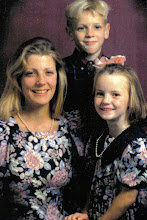


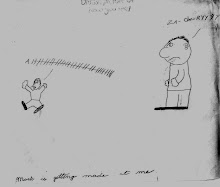
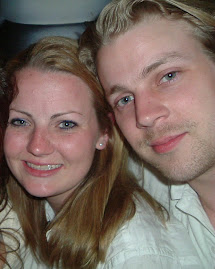
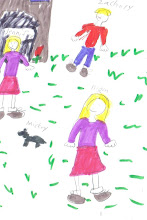
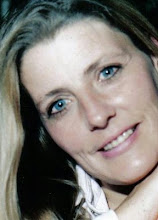
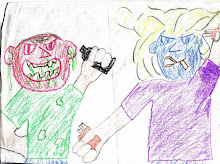



No comments:
Post a Comment